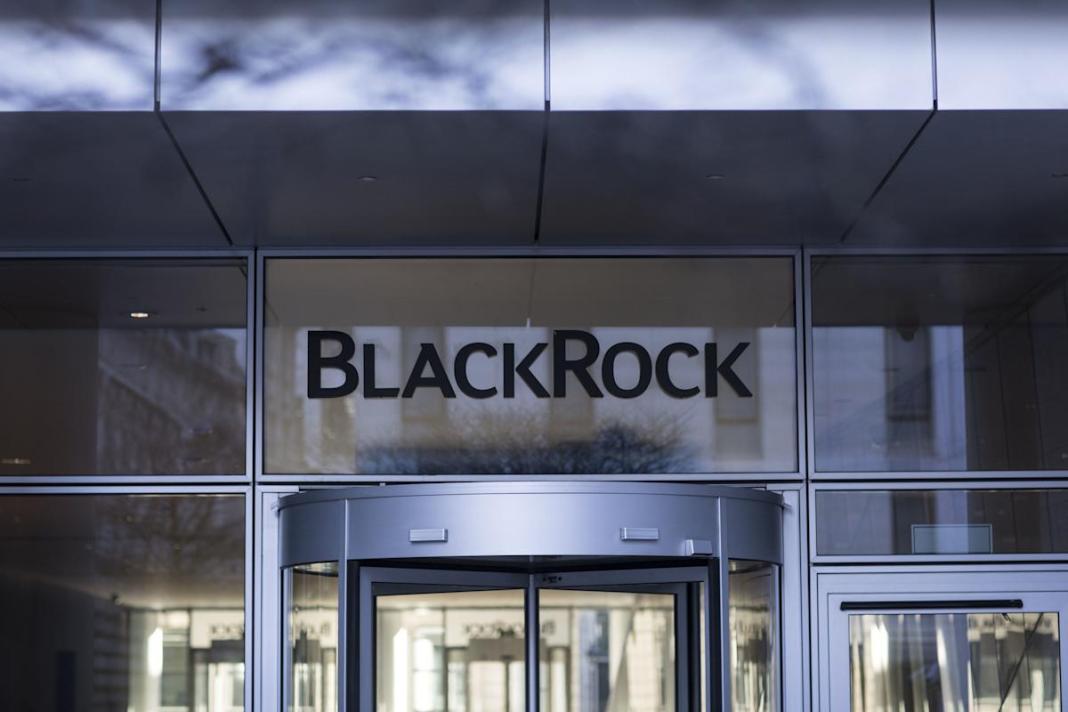Microsoft to Invest $1.5 Billion in UAE’s G42 in Bid to Counter China’s Influence
In a strategic move orchestrated by the Biden administration, Microsoft is set to announce a $1.5 billion investment in G42, an artificial intelligence giant in the United Arab Emirates. The deal aims to counter China’s growing technological influence in the Gulf region and beyond.
Under the partnership, Microsoft will grant G42 permission to sell services that utilize powerful A.I. chips, while G42 will use Microsoft’s cloud services and adhere to a security arrangement negotiated with the U.S. government. This agreement includes safeguards to protect the intellectual property behind A.I. programs and restrict Chinese involvement in G42’s operations.
Commerce Secretary Gina Raimondo emphasized the importance of choosing sides in the technological race, stating, “When it comes to emerging technology, you cannot be both in China’s camp and our camp.” Microsoft’s president, Brad Smith, described the accord as highly unusual, reflecting the U.S. government’s concerns about safeguarding critical technology.
The investment is seen as a strategic move to push back against China’s influence in the Gulf region and could serve as a model for U.S. firms to leverage their technological leadership in A.I. to attract countries away from Chinese tech. However, U.S. officials have raised questions about G42’s ties to China, prompting scrutiny and security measures to protect sensitive technologies.
The partnership between Microsoft and G42 comes at a time when the U.S. and China are competing for technological dominance in the Gulf, where significant investments in A.I. are being made. The U.A.E., a key U.S. partner, has expanded its ties with China, raising concerns about the potential misuse of advanced A.I. technology.
The agreement between Microsoft and G42 aims to deepen U.S. ties with firms worldwide while limiting China’s access to cutting-edge technology. It includes provisions to prevent the transfer of sensitive technologies to other governments or militaries and restricts the use of technology for surveillance purposes.
Despite concerns about G42’s ties to China, the company has taken steps to distance itself from Chinese entities, including divesting stakes and removing Chinese technology from its operations. The investment from Microsoft could further solidify G42’s position as a major player in the A.I. industry in the Gulf region.
Overall, the partnership between Microsoft and G42 reflects the complex geopolitical dynamics at play in the race for technological supremacy, with the U.S. seeking to counter China’s influence and safeguard its technological leadership in key regions like the Gulf.


